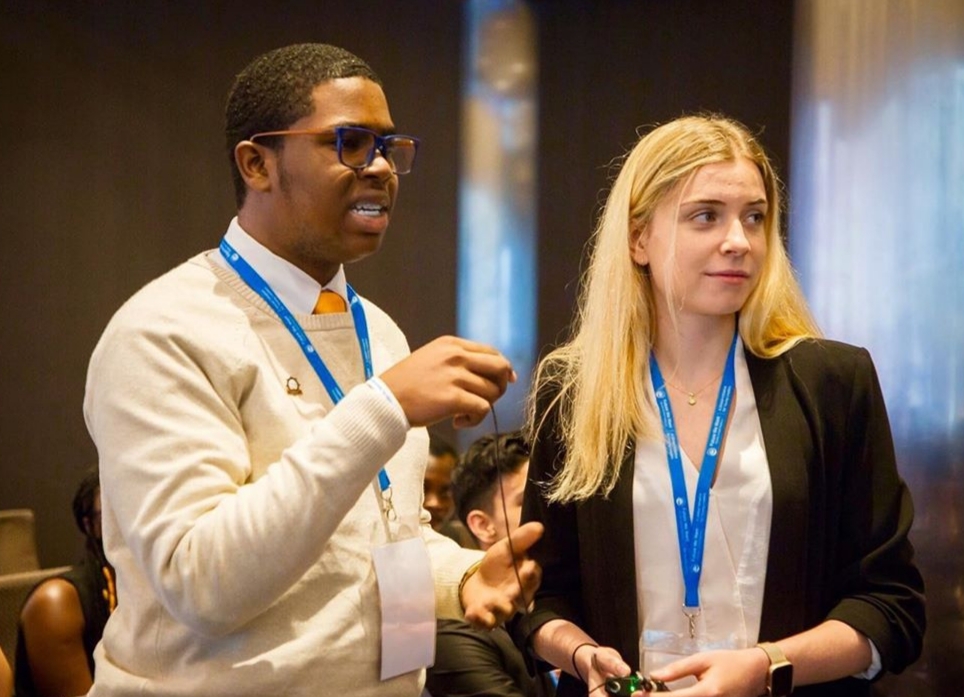
In the space of a few fleeting days, the Coronavirus (COVID-19) has reshaped society in lasting ways. A global, novel virus that keeps us confined in our abodes—maybe for months—is already reorienting our relationship to government, to the outside world, even to each other. Every facet of society’s quintessential operation has been affected, and Schooling is no exception. Certainly, COVID-19 has altered how students are educated around the world and those changes give us a glimpse of how education could change for the better – or worse – in the long term.
With the coronavirus spreading rapidly across the globe, many countries have taken swift and decisive actions to mitigate the advancement of the full-blown pandemic. Jamaica has undeniably become a yardstick for other countries in this regard. In the past two weeks, there have been multiple announcements suspending attendance at schools and universities. As of March 17, the OECD estimated that more than 421 million children worldwide are affected due to school closures announced or implemented in over 39 countries.
These risk-control decisions have led millions of students into temporary ‘home-schooling’ situations, especially in some of the most heavily impacted countries, like China, South Korea, Italy, and Iran. These changes have surely caused a degree of inconvenience, but they have also prompted new examples of ‘Educational Innovation’ if you will. Although it is too early to judge how reactions to COVID-19 will influence education systems around the world, there are indicators suggesting that it could have an enduring impact on the trajectory of learning innovation and digitization.
In a weird way, as far as Education goes, COVID-19 has forced us to act as paragons of the 21st century by discovering and embracing more technologically intensive methodologies of teaching, such as digital distance learning. Many studies suggest that these virtual means of schooling optimize schools’ outputs through greater use of information and communications technology (ICT).
If nothing else, the lesson I hope we take from the rapid spread of COVID-19 in an educational regard, is the importance of building resilience in our Education system to tackle various threats, from pandemic disease to climate insecurity, and yes, even, rapid technological change. The pandemic is also an opportunity to remind ourselves of the skills students need in this erratic world such as informed decision making, creative problem solving, and perhaps above all, adaptability. To ensure those skills remain a priority for all students, resilience must be built into our educational systems as well.
We must work together to ensure that resilience is built into our Education system, so that no child is left behind, whether it’s behind a desk at school, or in front of a screen at home!
Nahjae Nunes is a third-year student at the Caribbean Maritime University. Nahjae is a United Nations Youth Ambassador and occupies executive positions within several youth development organizations.



